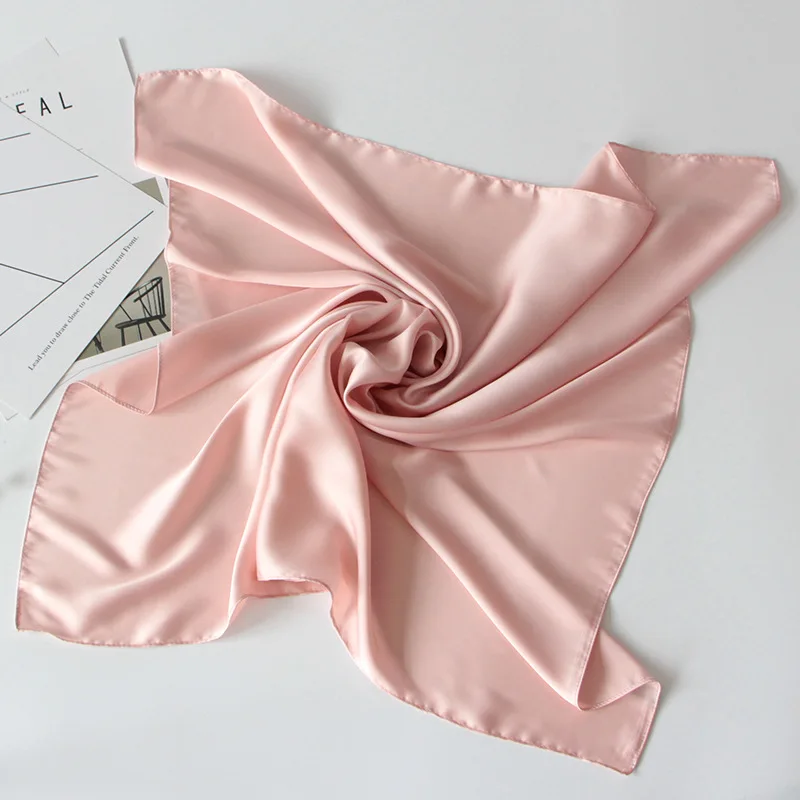As 11 of the world’s leading thoroughbreds stepped onto Dubai’s refurbished Nad Al-Sheba racecourse on 27 March 1996, one of racing’s most ambitious dreams came true. The brainchild of HH Sheikh Mohammed bin Rashid Al Maktoum, UAE Vice President, Prime Minister and Ruler of Dubai, the Dubai World Cup is a fitting tribute to his love of horses and of horseracing.
For more than two decades, horse owners and breeders from the Arab world have worked to establish the Arab presence in international thoroughbred racing, not only by winning top trophies in the United States, Great Britain, France and Japan, among others, but also by bringing world-class racing and breeding back to the Arabian Peninsula, the home of the thoroughbred’s renowned ancestor, the Arabian.
Horse racing began in the Emirate in October 1981, when the dusty Camel Track hosted the first thoroughbred. The race meeting consisted of three races - a sprint, a mile and a mile and a half. Just over a decade later in 1992, the now world-famous racing stable Godolphin began, followed by the inaugural Dubai World Cup meeting in 1996.
The initial Dubai World Cup racemeeting put the United Arab Emirates on the map, as it has become the home of one of the world’s top racing challenges, and has drawn the attention of millions of enthusiasts around the globe.
The standard was set and history was made by the American ‘wonder horse’ Cigar, when he claimed the first Dubai World Cup. Cigar appeared to be in trouble when from last came Soul of the Matter who began to cut into Cigar’s lead. Like all true champions, Cigar called upon extra reserves and defied his rival in the final 200m. Described as a heroic battle, this encounter indeed set the benchmark for all future renewals.
With the establishment of the annual invitation-only Dubai World Cup, the United Arab Emirates became the home of one of the world’s top racing challenges, and drew the attention of millions of enthusiasts around the globe. Among the horses entered in the inaugural race was a 13-time winner from Australia, a seven-race winner from Great Britain, the ‘dirt horse’ champion from Japan, and Cigar, North America’s ‘Horse of the Year’ for 1995.
Reflective of the overwhelming generosity of the UAE and embodying the warmth of traditional Arabian hospitality, contenders for the purses are flown in from all corners of the world, such as North and South America, South Africa, South East Asia, Australasia and Europe, and horsemen enjoy generous travel subsidies for their support of racing in the UAE.
To celebrate the 15th renewal of the Dubai World Cup and opening of the iconic Meydan Grandstand and Racecourse an extension of the programme was recently announced, and the Dubai World Cup meeting will now stage eight races, with the addition of the Group 3 Al Quoz Sprint, a 1200m turf race worth US$1 million.
The meeting, traditionally taking place at the end of March is now worth a staggering US$26.25 million, is not just about the world’s richest race, as the rest of the eight-race card is also stacked with quality.
The Dubai World Cup, now worth US$10 million, is classified as a ‘Group 1 Flat Race’ previously run on dirt for four-year-old thoroughbreds and above, and spans a distance of 2000m (one mile, two furlongs). 2010 marks the first year this race will be run on Tapeta.
Chief supporting races are the US$5 million Dubai Duty Free and the US$5 million Dubai Sheema Classic - the two richest races run on turf, anywhere in the world. The newest addition to the card is the Group 3 Al Quoz Sprint, worth US$1 million, to be run over 1200m on turf. Also on the card are the Dubai Golden Shaheen and UAE Derby, both worth US$2 million, and the US$1 million Godolphin Mile, while the evening kicks off with the Group 1 Dubai Kahayla Classic for Purebred Arabians.
Perhaps part of the Dubai World Cup’s success is not only due to the state-of-the-art race track, but the burgeoning status of Dubai as an international crossroads and global transport hub, and of course a first-class tourist destination, evidenced by more than 50,000 racegoers attending the Dubai World Cup meeting each year.
Getting There
The Dubai World Cup is hosted at the Meydan Racecourse, Al Meydan Road, Nad Al Sheba.
Coming from Dubai - from the Sheikh Zayed Road, please take the 2nd interchange and turn left onto Al Meydan Road and follow the signs to Meydan Racecourse and The Meydan Hotel.
Coming from Abu Dhabi – from the Sheikh Zayed Road, please take the 2nd interchange and turn right onto Al Meydan Road, and follow the signs to Meydan Racecourse and The Meydan Hotel.
Related Topics:


No comments:
Post a Comment
Contoh Makalah Jurnal Skripsi Tesis
PDF Download PDF Search Engine
Art Gallery Artist - Contemporary Abstract Paintings and Graphics
History of Art, Artists & Art Movements
Top 30 Hot Music Downloads
Top Digital Songs
Christian Residential Drug Treatment
Donate Your Car San Francisco
Firm Law Mesothelioma Texas
Ms Exchange Server Hosting
Villa di Piazzano Cortona Italy Hotel
Windows Download Software
Windows Download Center
plastic surgery before and after korean
Fashion N style
Aliving Room Furniture
The Hotels Las Vegas
Acamping Sites
About Hilton Hotels
Note: Only a member of this blog may post a comment.